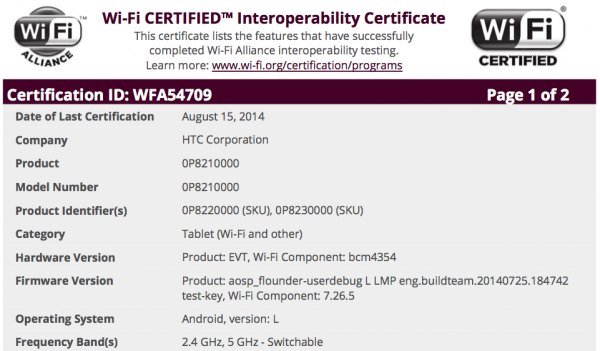
Imagine this: You go to pick up the latest Android. You come out of the store, plug in your Google account credentials, and then your entire music library is instantly available to you from your new phone. This may not be as far from reality as it sounds.
Google demoed what appeared to be a revamped version of the Music app that comes preinstalled with every AOSP build of Android on stage at Google I/O 2010. That was almost a year ago and we still haven’t seen the same app reach our devices in any official capacity. While there is a leaked version floating around, it hasn’t been all that remarkable. Until a member of XDA discovered that, after updating his EVO to the latest CyanogenMOD 7 nightly, installing the leaked Music app, and then accepting a few permissions prompts, he was able to sync his music to his Google account. He tested this by swapping his SD card out for a blank one, then relaunching the music app and playing some music. So clearly Mountainview’s got something up its sleeve. But what?
There’s been plenty of rumors circulating that Google’s mythical “Google Music” service would go live at some point, but they’ve always just been dismissed until now. Now, it seems, Google is looking to one-up its competitors by integrating this killer feature into future installations of Android. Currently the feature has only been verified to be working on installations of Android 2.3.3, but some are reporting that it does work on 2.2, 2.2.1, and 2.3.2. I have it working on 2.3.3, and it’s working flawlessly so far. My only complaint is the app itself still being buggy, but I’m sure that’ll be fixed by the time Google officially acknowledges this feature.
This does raise questions, however. How will Google finance this? How will it be handled? Will they, as some are suggesting, use a “ticket” system to store each file only once and “license” it to users of the service who have their own copy of the file? If they opt for mass storage of each user’s files, what will be the limit on data and what’s the word on pricing for upgraded storage?
The smart move would be to give each individual their own storage space. Many users often do not tag their songs correctly, which could cause problems when trying to retrieve the correct file. How would you like to go to listen to some Pendulum only to find that your ears are being bombarded by the cacophony of nonsense that is Justin Bieber? Yeah. Unless Google can develop some sort of miraculous automatic tagging system for all our hopelessly mis-tagged music I don’t think this system’s going to work.
So with the ticket system out, Google’s going to have to use the mass storage solution. Fine, Google’s been building out its data centers recently so they should have no problem with the increased load. But this frenzied anarchic mass data upload by a select few users that like to mess with their phones can only last so long before Google pulls the plug, throttles it, or charges us for the storage. The smart thing for Google to do here would be to integrate their services (like they so love to do) by combining their paid cloud storage plans for Picasa, Gmail, and Docs. This would give the user a fixed amount of data they could store in Google’s cloud. Furthermore, rather than requiring the user to pay for the storage on an app-by-app basis, this storage should allocate itself as necessary without the need for the user to intervene, thus streamlining the Google Apps experience for the end user.
Is this enough to finance the service? Possibly. Now we should look to the possibility of a desktop application or web application (or both) to complete the service. It makes sense for Google to make one or both of these front ends to the service. They could place advertisements on the applications, as they have always done with other services to draw additional revenue. Additionally, it serves their ultimate goal of pushing Cloud Computing into the hands of the public. With the ability to store pretty much everything they need on Google’s servers, combined with the nearly omnipresent internet connection we have in the form of 3G and to a lesser extent LTE and WIMAX, why would the average consumer carry around a full laptop over a lightweight and quick cloud-based Chromebook?
One thing’s for sure; I will definitely enjoy this feature. I just hope Google can get it off the ground this time and that the carriers don’t kill it or try to make a buck off of it.
Thanks, Dayne. Great article.
[Let us know what you think.]









